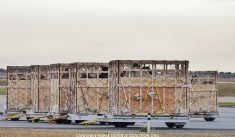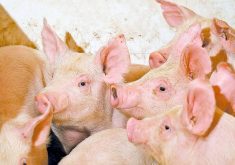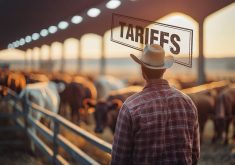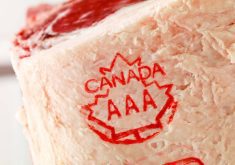Purdue agricultural engineers have found that soybean oil reduces greenhouse gas emissions when sprayed inside swine finishing barns.
Al Heber and Jiqin Ni led a team of Purdue and University of Missouri researchers in the year-long project, which monitored the effectiveness of soybean oil on dust and odour within hog facilities.
Over a 12-month test, five cubic centimetres of oil per square metre of floor was sprayed for one minute per day.
Compared with the unsprayed monitored barn, the oil-treated barn showed an average 20 per cent decrease in methane emissions and a 19 per cent average reduction in carbon dioxide emissions, the researchers said in a release.
Read Also
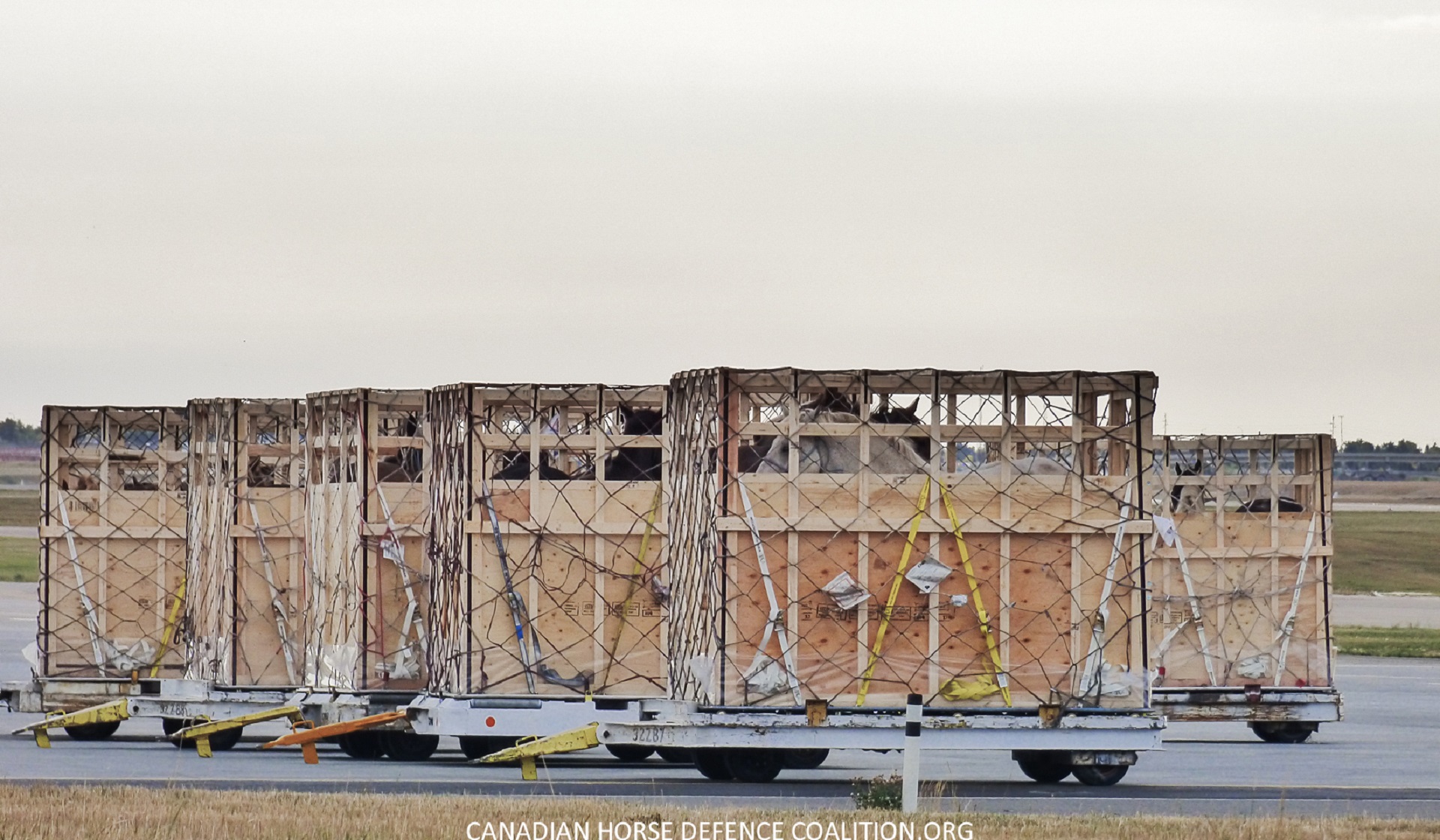
Horns aren’t unlocking anytime soon on livestock transport standards
Standards good enough meet the definition of “humane” animal transportation still vary widely between what what industry wants, what animal rights advocates want and, between the two, what federal regulators decide is good enough.
Dust reduction was even more significant. The treated barn emitted about 65 percent less particulate matter than the untreated barn. Researchers suspected controlling dust also would lead to reduced greenhouse gas escapes, Heber said.
“The spray takes out dust, and since dust carries odour and it absorbs other gases, there was a scientific reason why it might take out those greenhouse gases,” Heber said.
“We saw a reduction in odour, but it wasn’t statistically significant. That may be because we didn’t take enough air samples. All we can say is that there was a trend in odour reduction.”
Several challenges stand in the way of the system, including an increase in soy oil price. “Whereas we thought it would cost less than a dollar per pig marketed to treat the barn – around 60 cents – since then the price of soybean oil has increased dramatically, and so the economics are not as good,” Heber said. Also, the application of oil can create a safety hazard for the producer.
“In addition, some of the oil ended up on the floor, the pigs, the feeders and fans. This makes the cleaning process more difficult. The producer we worked with indicated it took an additional day of power washing to clean that barn. That’s an extra expense.”


